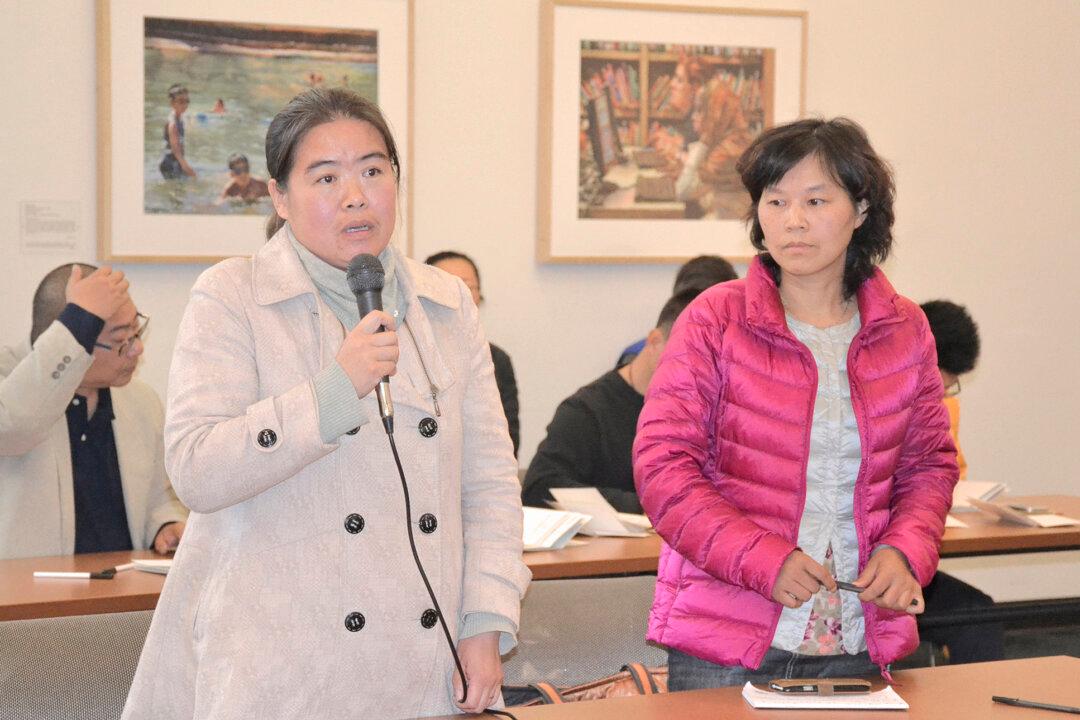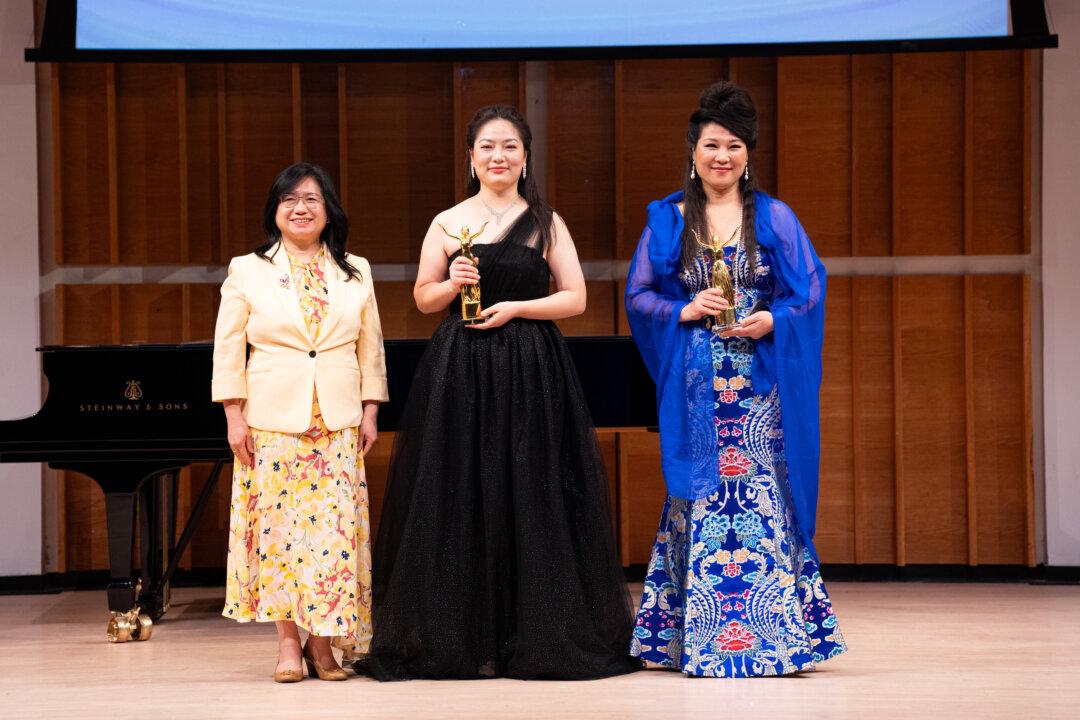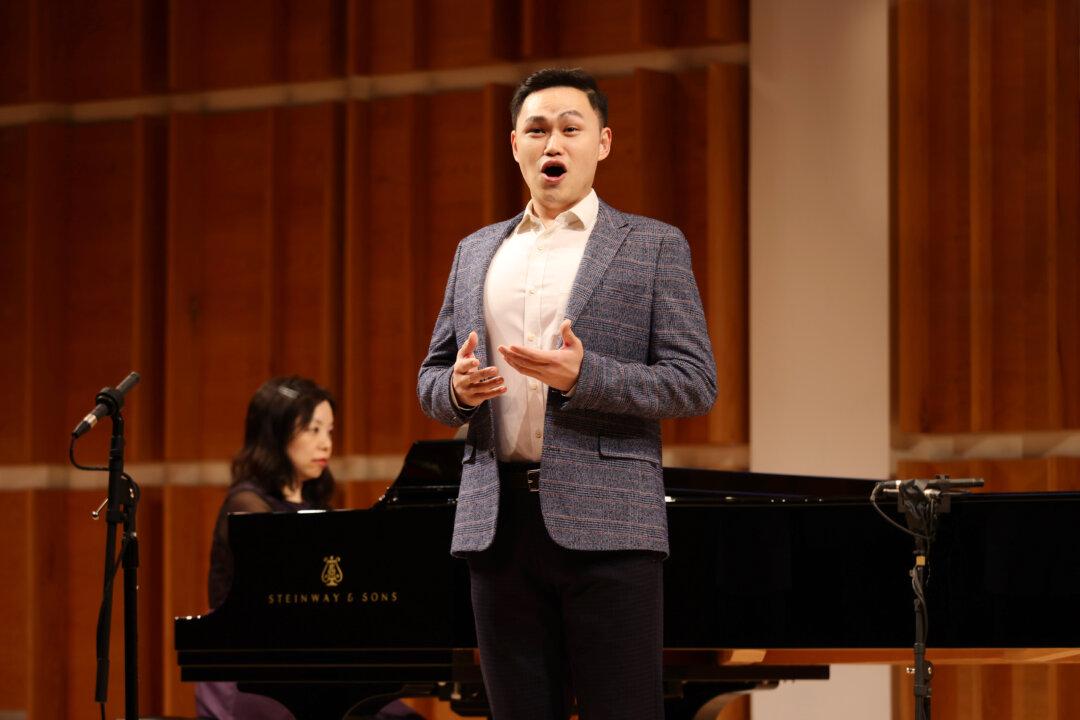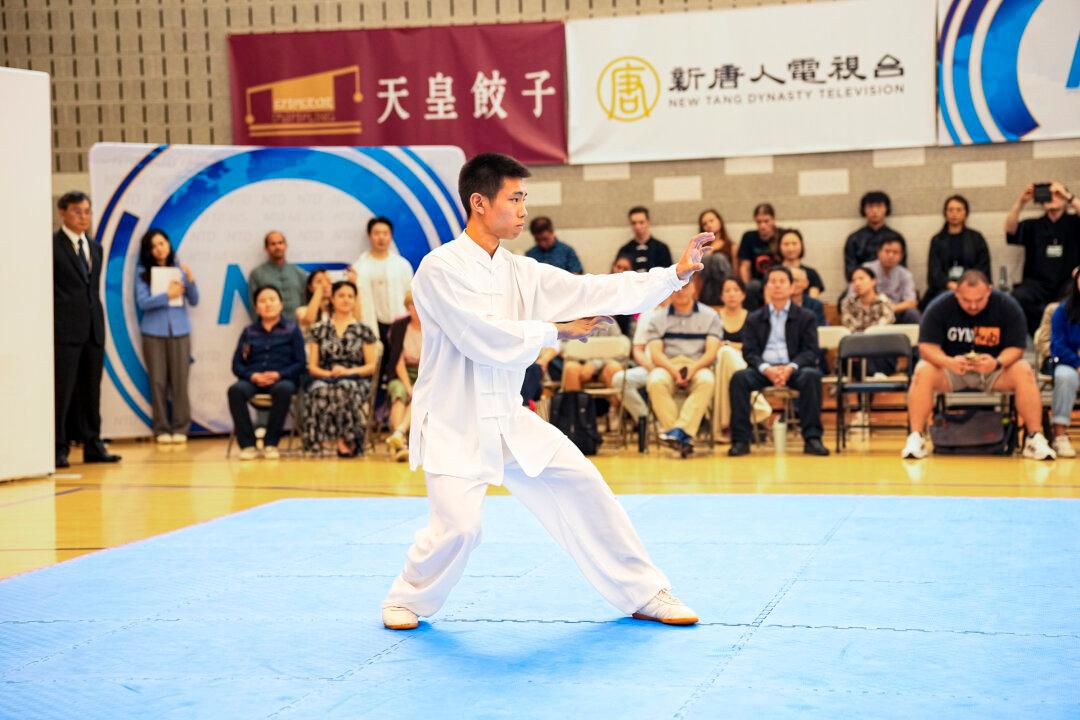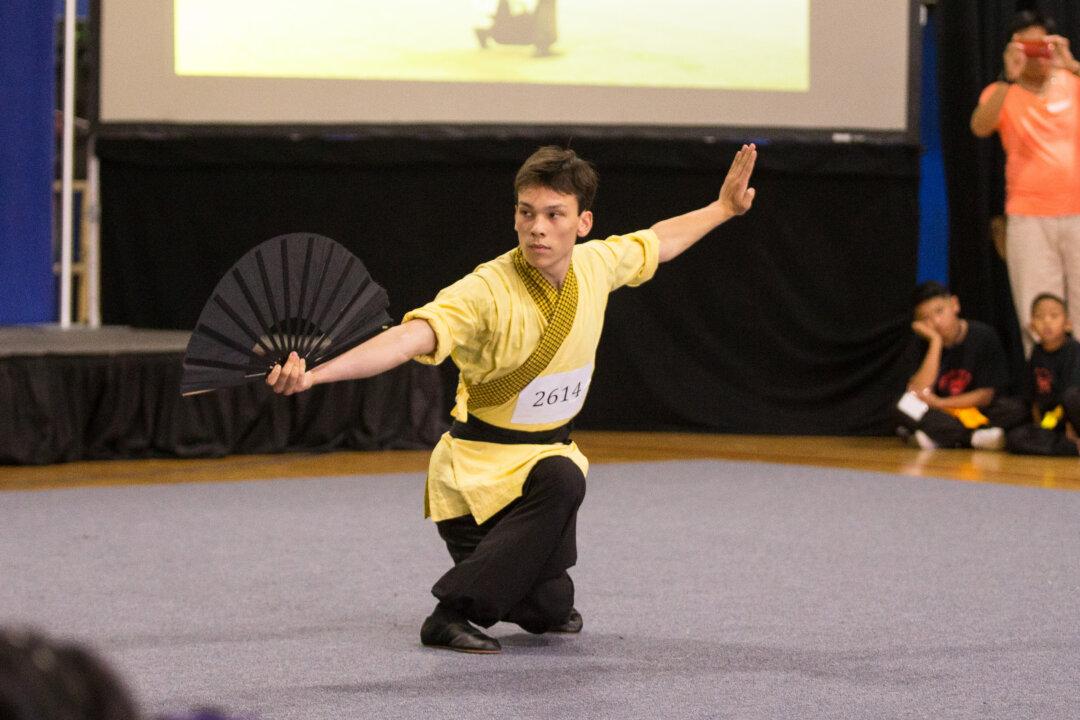Chu Ling’s heart sank when her landlady ran to the door of her fourth floor apartment in Thailand. “Ling, quickly, get some clothes on and run,” she whispered. “Your husband has been arrested.” Chu hid in a corridor in her slippers until the police left, and then made a dash.
Chu Ling’s husband, Chinese activist Jiang Yefei, and fellow activist Dong Guangping, had been arrested and detained by Thai authorities that day—Oct. 28. About two weeks later, while they were still in detention, Chinese officers reportedly tricked the two of them into signing orders for their own deportation back to China.
Both of the wives—Chu Ling (with her daughter) and Gu Shuhua—are now living in the suburbs of Toronto, trying to piece new lives together while working to rescue, or first figure out what has happened to, their husbands.
And they’re not the only wives in exile.
The month before, the wives of two other dissidents found themselves in California after their husbands attempted a daring rescue of the son of a renowned Chinese couple who have been declared enemies by the regime. They were captured while attempting to spirit the young man out of China through Burma.
In both cases, the wives of the targeted men fled rather than allowing themselves to also fall to the mercy of the Party’s security forces. Now thousands of miles away, they reflect on their lost husbands and uncertain futures.
‘It’s Over, It’s Over’
October and November were busy months for the ruling Chinese Communist Party’s security forces.
On Oct. 6, they abducted Bao Zhuoxuan, the 16-year-son of detained human rights lawyer Wang Yu, and his traveling companions, Tang Zhishun and Xing Qingxian, at a small hotel in the Chinese-controlled city of Mong La in a quasi-independent region of Burma run by a warlord who knows how to stay in the good graces of the Communist Party.
Tang and Xing are friends of Wang Yu’s family; they hoped to get Bao Zhuoxuan out of the country so he could complete his high school and then attend university in the United States. Bao, only a teenager, became a target because of parents’ activism: his mother is a well-known rights lawyer who has taken on sensitive political cases, and his father is also a prominent activist.
Now that the men are in Chinese custody, their whereabouts are unknown.
The deportation of the other two activists—Jiang Yefei and Dong Guangping—from Thailand happened under different circumstances. The two men, long dissidents in exile for their political activism and speech, had already been handed their plane tickets to Canada by the United Nations Refugee Agency on Nov. 15. But they were instead repatriated to China, likely to imprisonment or worse, after they were tricked into signing forms for their own deportation by Chinese and Thai agents dressed up as U.N. officials, according to Chu Ling.
Three days after the arrests their wives left Thailand, Gu Shuhua with the couple’s daughter.
“After collecting my plane tickets, I slipped into a state of shock, and only snapped out of it when I arrived in Canada,” Chu said during a recent phone conversation while at a dinner with fellow democracy activists in Toronto. “‘It’s over, it’s over,’ I thought, and nearly suffered a complete collapse.”
“My mind was totally blank,” said Gu Shuhua. “I couldn’t accept the situation.”
Sacrifices for a Democratic China
Gu Shuhua, husband Dong Guangping, and their 15-year-old daughter had fled to Thailand earlier in the year to escape persecution. Dong, who hails from the city of Zhengzhou in Henan Province, had been detained from May 2014 to February 2015 for participating in an event to commemorate the 1989 Tiananmen Square massacre.
“He loved to talk about June 4 with his friends, and would often debate the incident until his ears burned red,” Gu said. Guangping would don black clothes, pin on a white flower, and go on a hunger strike every June 4 to mark the anniversary of the bloody crackdown on student activists.
“Dong’s friends would call him crazy, and advised him to not bother with idle matters and lead a carefree life,” Gu said. “He'd respond that he can’t just think about himself, since he has a child who he wishes will reside in a democratic China.”
“At first I thought, we’re in Thailand, and have escaped the Communist Party’s claws,” Gu said. “But I never expected to fall into the abyss again after the arrest.”
Collective Punishment
In the meantime, the wives are preoccupied with their husbands’ safety.
“I’m really afraid that my husband will be the second Zhang Liumao,” Gu said. Zhang, a Chinese rights activist, died under suspicious circumstances at a police detention center in the southern province of Guangdong on Nov. 4, two months after he was locked up.
“There’s nothing the CCP wouldn’t do when dealing with dissidents, and we are very, very fearful, and very, very worried that the worst could be happening.”
The Party’s jailors are infamous for inflicting brutal torture on detainees, often with near-medieval instruments and techniques at their disposal, as highlighted in a recent Amnesty International report.
Holidaying as Husbands Arrested
The other two wives did not even know what their husbands were doing as they made the risky attempt to help Bao Zhuoxuan leave China when they were captured.
Gao Shen, the wife of Tang Zhishun, and her 8-year-old daughter were in California on holiday in early October when they learned on Chinese state media that Tang was being detained by Chinese authorities for an “illegal flight” to Burma.
At about the same time, He Juan also happened to be on vacation in China’s Chengdu City when she found out that her husband Xing Qingxian had been abducted by Chinese authorities in Burma.
Taking the advice of a friend, she fled China to Thailand on Oct. 9 after her relatives told her the previous day that police had raided her home. She stayed at the airport for a day, then flew to California on Oct. 11.
Starting Anew
Since the Communist Party has a long history of targeting the family of detainees for punishment, family members have sought to flee China to avoid persecution or being used as leverage against the detainees.
He Juan believes that her husband is being held in a detention center in Tianjin, a port city near the Chinese capital of Beijing in northern China.
Gao Shen, on the other hand, has no leads on Tang Zhishun’s whereabouts. “My daughter and I can only wait here anxiously,” she said.
Like the exiled wives in Canada, the two in California are doing all they can to get their husbands released.
All four of the women are making their way in their new homes, relying on friends in the overseas dissident community, adapting to their new lives, negotiating asylum procedures, and also trying to find out what the Chinese Communist Party has in mind for their husbands.
Gao Shen is in a particularly difficult situation because Tang Zhishun is the holder of their credit card; she has been borrowing money from friends to get by. She’s also unable to soothe her 8-year-old, who constantly asks: “Mum, when is Dad joining us on our vacation?”
“She often dreams of her father and relates those dreams to me,” Gao said. One of the recurring dreams relates to the disappearance of her father. “Dad returned, took me on a vacation, and I was especially happy,” Gao recalls the daughter saying, before bursting into tears and adding: “But Mum, Dad never really came back.”
Larry Ong contributed to the report.
